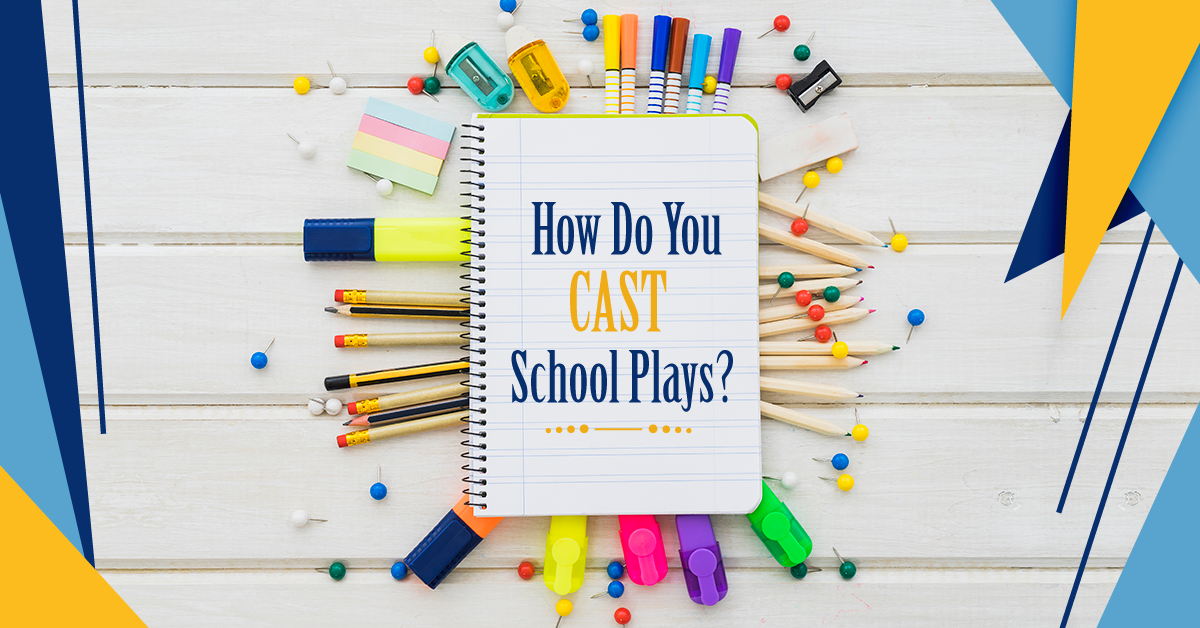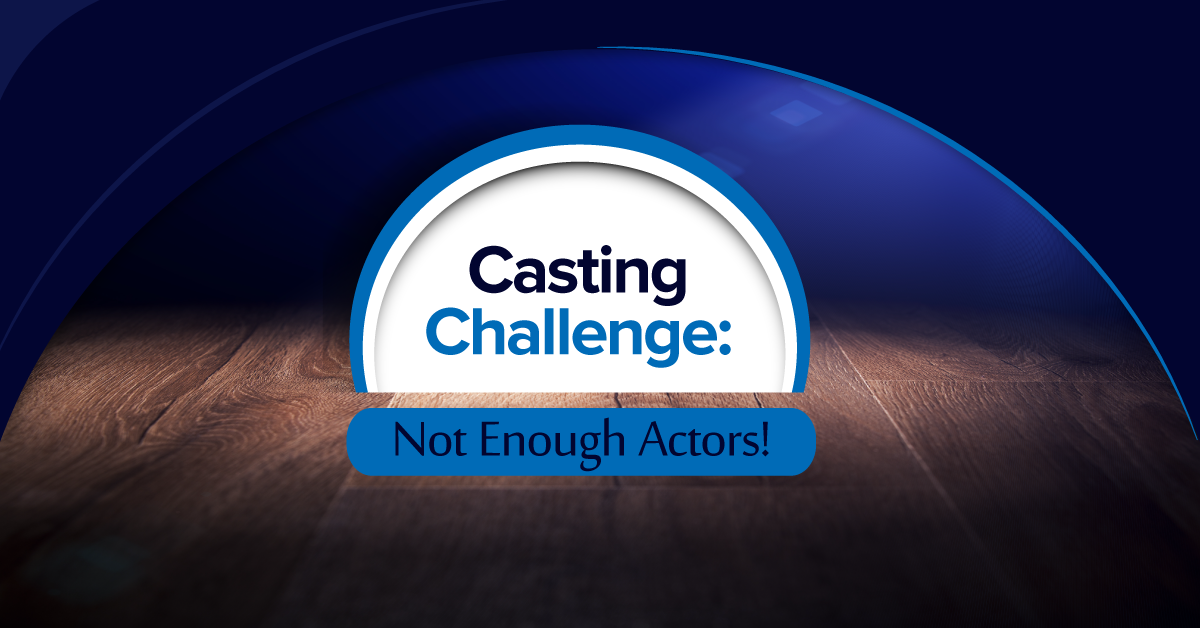How Do You Cast School Plays?
In our travels to various conferences we’ve heard of a lot of different ways to cast school plays. Here are a few of the casting techniques we have encountered:
“Traditional” auditions
Set up similarly to a professional audition. Students come in one by one with prepared material (monologue and/or song) and the director casts based on the merits of their preparation and abilities. This is how auditions worked in my high school and I never really considered that there would be any other way.
Pros : You learn how committed students are by how much effort they put into their audition piece. Everyone is given an equal opportunity to shine.
Cons : Some great actors are terrible at monologue auditions, and vice versa. You have to hold a round of callbacks in order to see how the students interact with each other. Newbies can be very intimidated by having to do a monologue.
Group readings from the script
Everyone interested in the play gets together and reads from the script. The director mixes and matches actors in order to find the optimal casting.
Pros : Everybody gets an equal shot. Less intimidating for newbies. The whole play can be cast in one session.
Cons : Can be time-intensive if a lot of people are interested. Students who have worked together before will probably read better together putting newbies at a disadvantage.
Self Casting
I can’t believe this one actually works, but yes, I’ve talked to directors who give the script to the students and let them cast the play on their own!
Pros : Works best if the cast size equals the number of people interested in the play. Students will have a stronger ownership of the show if they’re this involved in putting it together.
Cons : It would be tough for a newcomer to break in. Casting could be based on popularity instead of merit.
Don’t have auditions at all
Some directors don’t have auditions. They choose the cast based on students they know from their classes.
Pros : Much easier and less time-intensive for the director.
Cons : Students are removed from the casting process, making the whole scenario opaque. Auditioning is part of the total experience of putting on a play.
Related Articles
Audition Toolkit
by Lindsay Price, Craig Mason, and Kerry Hishon
Teach students to present their best selves in an audition situation with The Audition Toolkit - complete with articles, exercises, tips and more for both teachers and students.




